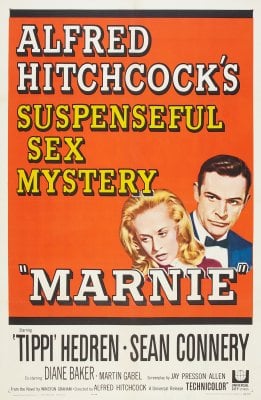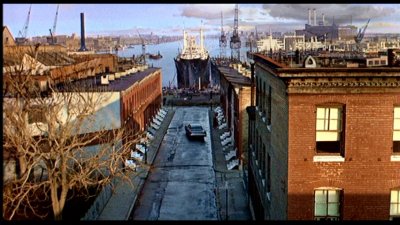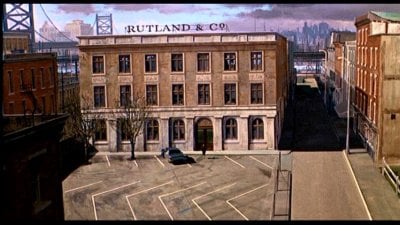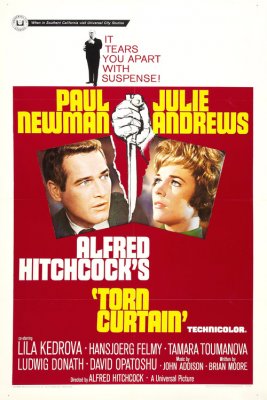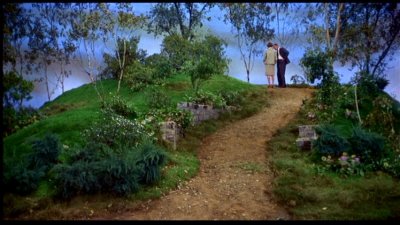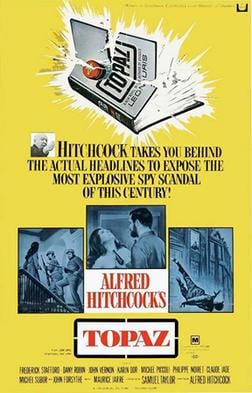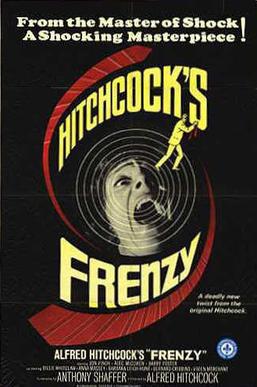Nelson Au
Senior HTF Member
- Joined
- Mar 16, 1999
- Messages
- 19,131
Matt, I would also guess that with the huge success of Psycho, Universal was very willing to fund The Birds with the hope that another horror film from Hitchcock would be as big a hit!
I forgot to mention above, one aspect of the film that I never questioned was why do the birds attack? I like that he struggled to answer that, but left it unexplained. I thought there was little tidbits of ideas as to why the birds attack. I used to think it was because of Melanie. She brought the attacks to Bodega Bay. Was it because she brought the love birds who were caged by the humans? Was she being punished for something she did? Or is it nature against man for the bad things that man has done. I’m beginning to feel that is the reason because the entire town is attacked. But the birds do get their licks in on Melanie.
I’m glad the next film, Marnie is a return to earlier Hitchcock territory.
I forgot to mention above, one aspect of the film that I never questioned was why do the birds attack? I like that he struggled to answer that, but left it unexplained. I thought there was little tidbits of ideas as to why the birds attack. I used to think it was because of Melanie. She brought the attacks to Bodega Bay. Was it because she brought the love birds who were caged by the humans? Was she being punished for something she did? Or is it nature against man for the bad things that man has done. I’m beginning to feel that is the reason because the entire town is attacked. But the birds do get their licks in on Melanie.
I’m glad the next film, Marnie is a return to earlier Hitchcock territory.

